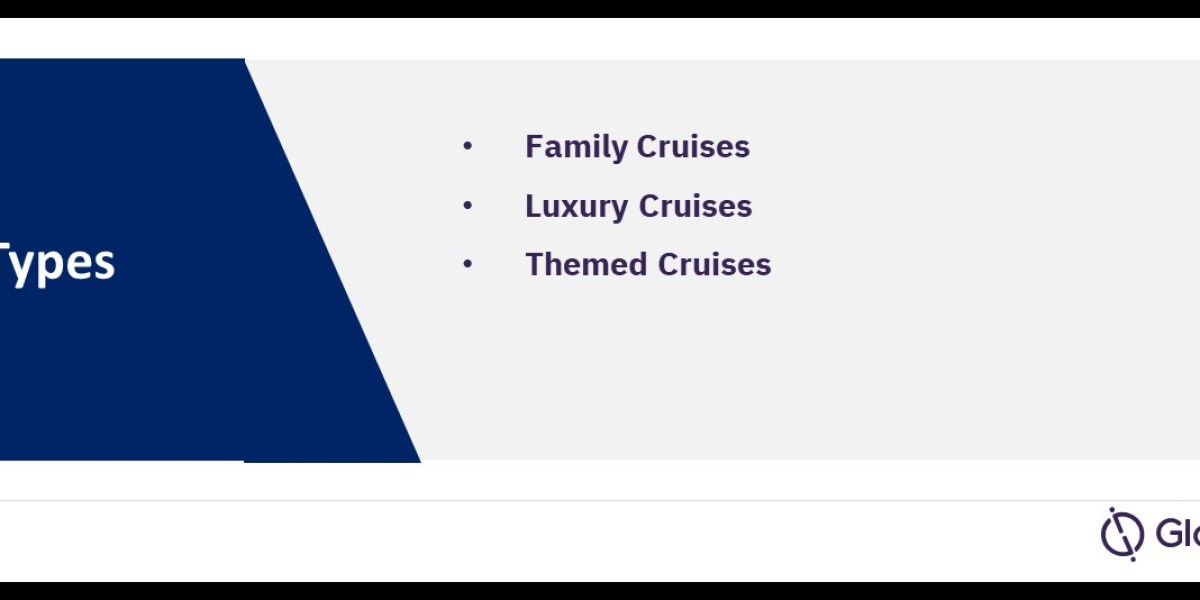The cruise industry has evolved dramatically over the past few decades, transforming from a niche travel option to a mainstream vacation choice for millions worldwide. This article explores the growth, economic impact, environmental concerns, and future trends of the cruise industry.
A Brief History of the Cruise Industry
Early Beginnings
The concept of cruising dates back to the early 19th century when ocean liners primarily served as a means of transatlantic transportation. The first leisure cruises emerged in the 1840s, with the Peninsular & Oriental Steam Navigation Company (P&O) offering voyages to the Mediterranean.
The Golden Age
The 20th century marked the golden age of cruising, with luxury liners like the RMS Titanic and the RMS Queen Mary setting new standards for opulence and comfort. Post-World War II saw a decline in ocean liners as air travel became more popular, but the introduction of modern cruise ships in the 1960s revitalized the industry.
Modern Era
The 21st century has seen unprecedented growth in the cruise industry, with major companies like Carnival Corporation, Royal Caribbean International, and Norwegian Cruise Line dominating the market. Innovations in ship design, onboard amenities, and diverse itineraries have made cruising accessible to a broader audience.
Economic Impact
Global Revenue
The cruise industry is a significant contributor to the global economy, generating billions in revenue annually. According to the Cruise Lines International Association (CLIA), the industry contributed over $150 billion to the global economy in 2019.
Employment Opportunities
Cruise lines provide extensive employment opportunities both onshore and offshore. From ship crew to travel agents, the industry supports millions of jobs worldwide. Ports of call also benefit economically through tourism, local spending, and infrastructure development.
Port Cities
Major cruise hubs like Miami, Barcelona, and Singapore have experienced substantial economic boosts from cruise tourism. The influx of passengers leads to increased spending on local attractions, dining, and shopping, stimulating the economy and fostering growth.
Environmental Concerns
Carbon Footprint
Despite its economic benefits, the cruise industry faces criticism for its environmental impact. Cruise ships are known for their significant carbon footprint, contributing to greenhouse gas emissions. Efforts are underway to develop more fuel-efficient ships and alternative energy sources to mitigate this impact.
Waste Management
Proper waste management is another pressing issue. Cruise ships generate large amounts of waste, including sewage, plastic, and food waste. Stricter regulations and advanced waste treatment technologies are being implemented to address these challenges.
Marine Ecosystems
The industry's impact on marine ecosystems cannot be ignored. Cruise ships can cause physical damage to coral reefs and marine habitats, as well as contribute to water pollution. Sustainable practices and eco-friendly initiatives are crucial for minimizing this damage.
Future Trends
Technological Advancements
Technological innovation continues to shape the future of the cruise industry. From state-of-the-art navigation systems to advanced safety measures, technology enhances both passenger experience and operational efficiency.
Sustainable Cruising
Sustainability is becoming a core focus for cruise lines. Many companies are investing in greener technologies, such as LNG-powered ships and exhaust gas cleaning systems. Eco-friendly excursions and partnerships with conservation organizations are also on the rise.
Personalized Experiences
Modern cruisers seek personalized and unique experiences. Cruise lines are responding with tailored itineraries, themed cruises, and customizable onboard activities. The integration of AI and data analytics allows for more personalized services and enhanced guest satisfaction.
Health and Safety
The COVID-19 pandemic has significantly impacted the cruise industry, emphasizing the importance of health and safety. Enhanced sanitation protocols, medical facilities, and flexible booking policies have become standard to ensure passenger confidence and safety.
Buy the Full Report for Type-Wise Cruises Market Outlook








